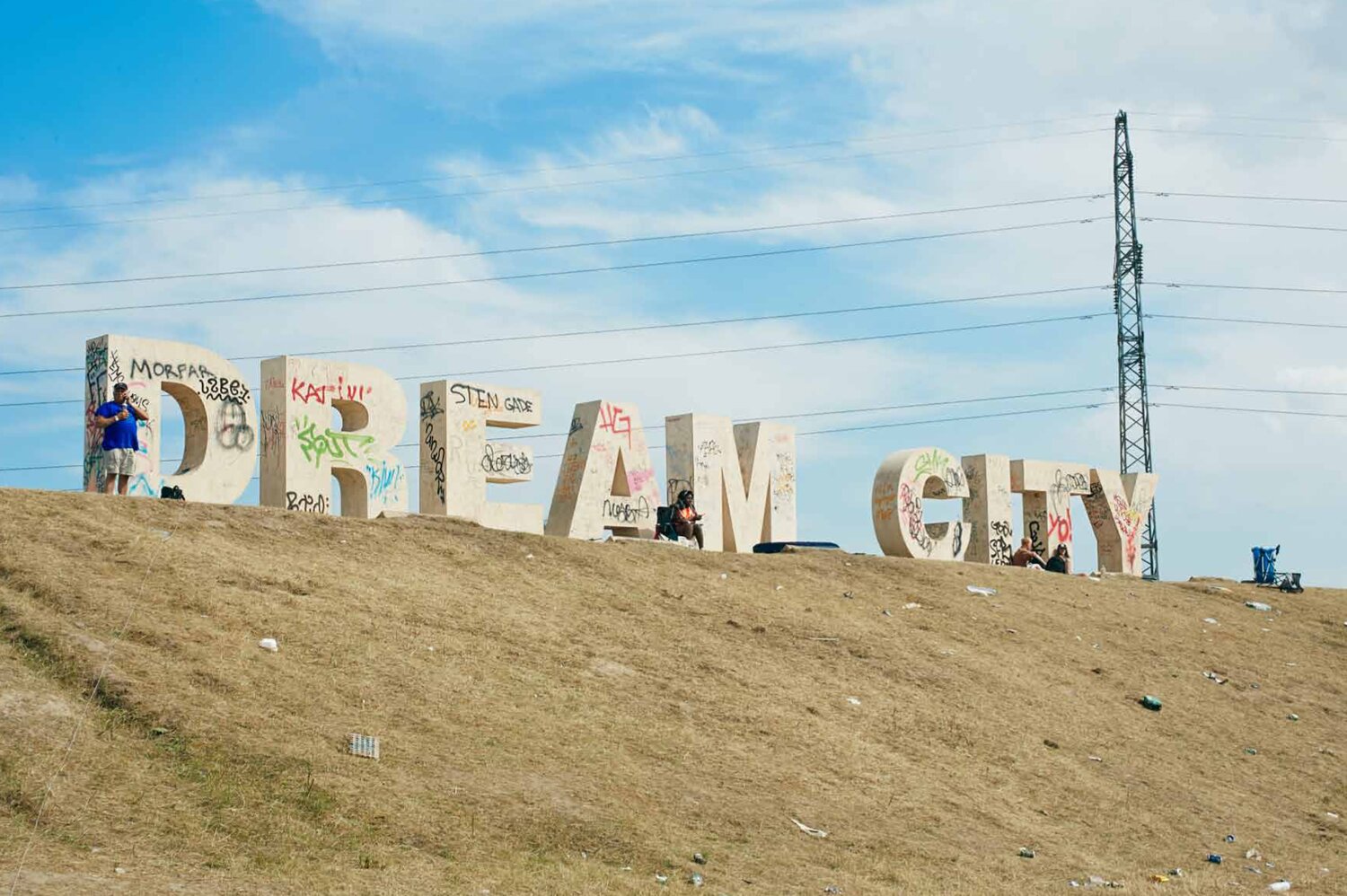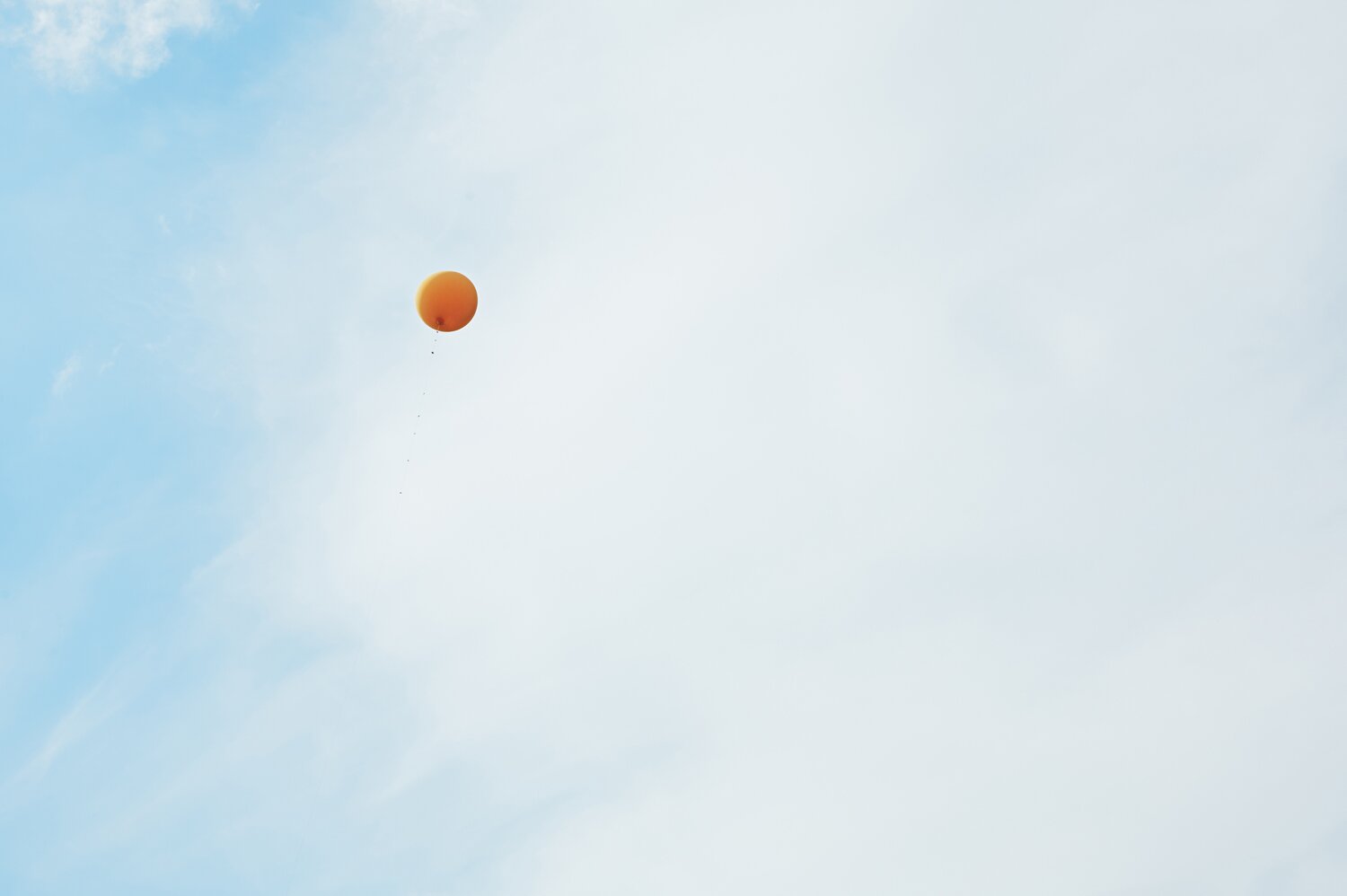This is a pretty good place, y’know.
Words by Mick Jagger. Truth by Roskilde. It is Thursday evening at the 43rd annual Roskilde Festival, and the world’s arguably biggest rock’n’roll band of all time, The Rolling Stones in all their 70+ glory and tight pants galore, are playing the festival’s main stage to ecstatic screams from an audience of 80,000. The sky above is a plethora of cool pastels and burning red as the Nordic July sun reluctantly gives way to dusk and Mick Jagger, Keith Richards, and co. tear into a haunting rendition of “Wild Horses”. The band is back under the very same orange canopy they toured with in 1978 and which has since been adopted by Roskilde to become the integral visual symbol of what is now the largest music festival in Scandinavia. And although each year brings along with it talk of getting rid of the enormous Orange stage altogether in favour of more intimate concepts, nothing has come of it. Yet.
“It’s good to be here at the famous Roskilde festival,” purrs Mick Jagger in between songs, sweet-talking his spectators with professional charm.
“It’s good to be anywhere,” deadpans rock God Keith Richards from the side-line.
Within the golden circle in front of the stage, a couple of high-schoolers of 18 appear as misty eyed as the 58-year-old accountant next to them who has come to the festival specifically to experience the heroes of his youth.
Hours later public and critical opinion of the historic reunion of the Stones will range from those dubbing the evening nothing short of magical to others shrugging unaffectedly and arguing that the Stones have finally become too old to fully entice an audience with an average age of 23. Some will deem the legendary Brits too calculated a booking for a festival increasingly concerned with stadium headliners than musical quality control. A criticism that has haunted Roskilde for some years now and which seemed to culminate in 2013 with the ultimately utterly disappointing booking of Rihanna (Roskilde consequently had to reel in the dark horses of Metallica in the 11th hour when the lure of Rihanna failed to ensnare ticket buyers).
Faced with its critics the Roskilde administration will respond in the same way it usually does, Stones style: You can’t always get what you want. But you just might find you get what you need … What you need being entertainment. Escapism. A sing-a-long love-fest on the grassy field in front of the Orange stage. All while hard-boiled festival junkies strum their own guitars in the mud of the camping grounds among empty crates of Tuborg beer and mutter about the lack of “true artists” playing the festival. Perhaps it is just the way it should be. But it is not the way it has always been.


